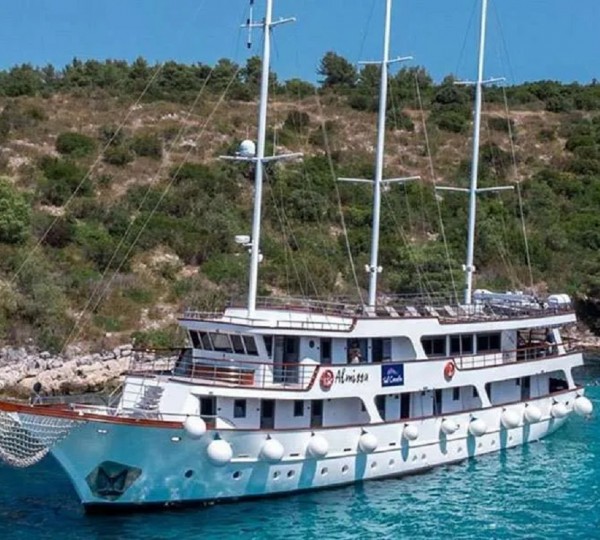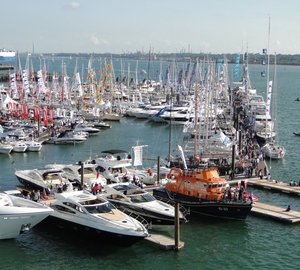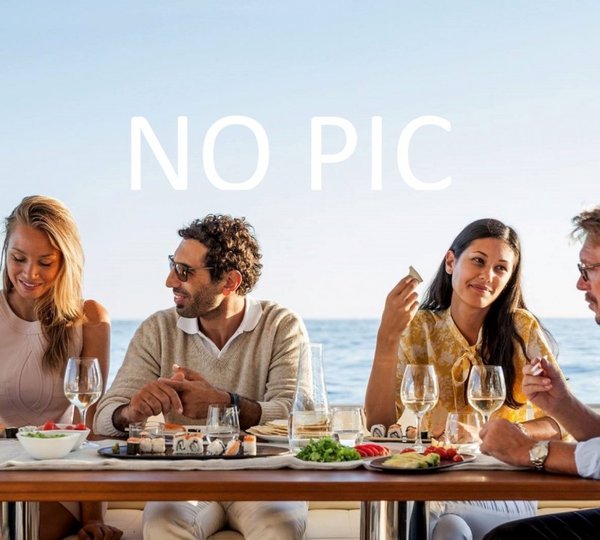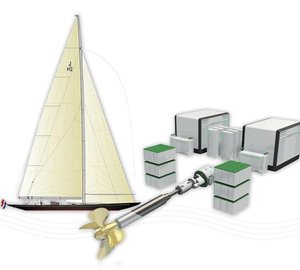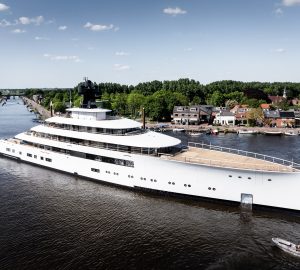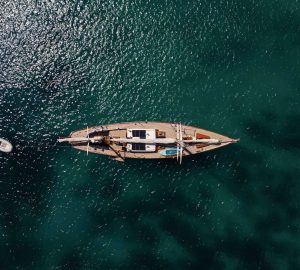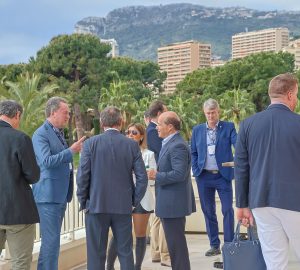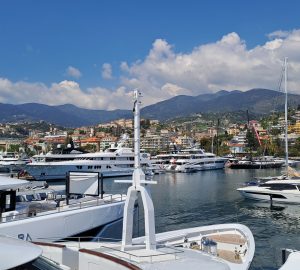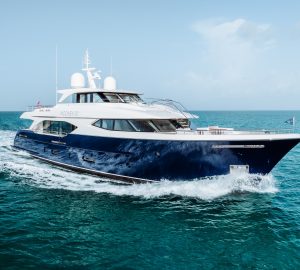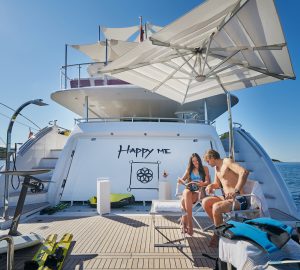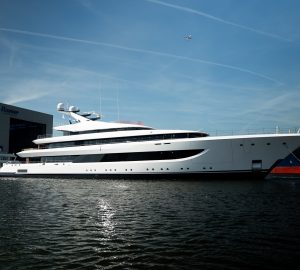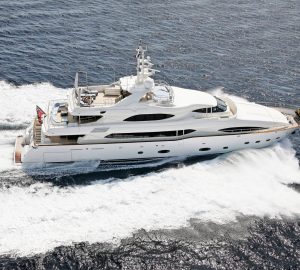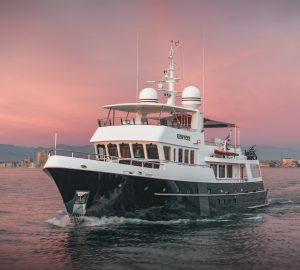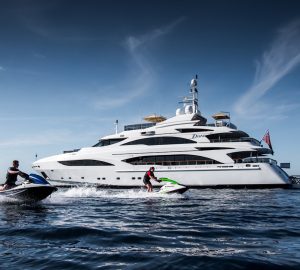This very successful seminar on 15 July attracted 64 delegates from several of the larger UK boatbuilders; the composite materials supply chain, designers, universities and other research organisations and training colleges.
The aim was to look at the opportunities and future manufacturing needs for boatbuilders using advanced composites through a series of presentations and a workshop session covering the main challenges facing the industry as it moves towards adopting more advanced materials and processes. This event was arranged by the Materials Knowledge Transfer Network and supported by Composites UK in association with the BMF which was represented on the day by David Elson and Adrian Waddams. Nigel Keen who leads the Composites Sector Group within the Materials KTN led the workshop session.
Julian Spooner from Princess Yachts and Gary Scott-Jenner of Oyster Marine described the impressive progress made with their resin infusion of large hulls for motor and sailing yachts, respectively at up to 105 and 125 feet overall length. In both cases there are significant quality, weight and structural benefits as well as a cleaner working environment and reduced emissions of styrene.
Supporting boatbuilders are the process equipment, tooling and materials suppliers that are essential enablers for these more advanced production processes to succeed and be cost effective. Steve Leonard-Williams from Composite Integration Limited who supply process equipment and tooling for resin infusion processes, and work with several UK boatbuilders including Princess Yachts, explained how their systems have enabled the resin infusion process to be used to produce not only large hulls and superstuctures, but complex structural components such as composite window frames and opening roof assemblies for motor yachts. Katia Merle of Gurit, now with High Modulus in their group, explained how the design process needed to reflect future manufacturing needs and described the scope and benefits of investing in and using the right design tools. Concurrent engineering linking design, marketing and production was very much in evidence here and in several other presentations. Dealing with higher volume production applications Laurent Imbert of Euromere Spraycore presented the benefits of rapid processing and core build up with Spraycore, a low styrene polyester based product particularly useful on deck mouldings and other complex shaped parts where lay up with conventional cores can be more labour intensive.
A new approach to processing carbon fibre composites was described by Lee Harper of the University of Nottingham. Basically this is a system for carbon fibre composite component manufacture using a robot guided chopper gun with epoxy resin to prepare laminate for consolidation and cure in matched moulds. The system has been developed with Bentley Motors and Aston Martin for volume manufacture of structural components in cars, and is already used for the production of light, strong and well finished parts. From the reaction of the audience this has great potential as a cost effective approach to producing carbon fibre components for marine applications. To ensure that structurally critical mouldings, and particularly carbon fibre composites, are free from voids and other defects Leon Lobo of Laser Optical Engineering described their system using in-plane laser shearography for non destructive testing. This technology was developed from research at the University of Loughborough, and Laser Optical Engineering is the resulting commercial spin off that counts the RNLI among its clients for inspection of lifeboat structures.
The UK Composites Strategy launched last November by the Department for Business Innovation and Skills is intended to benefit all industrial sectors using composites, including marine, and as part of this strategy an investment has been made in the National Composites Centre at Bristol. Peter Chivers of the NCC explained how it was being developed, and although focussed on very advanced aerospace composites the Centre was striving to include all sectors and aiming to improve skills, processes and materials that will help improve further the UK’s competitiveness in composites materials applications. To this end Princess Yachts is one of the companies in the successful consortium that has won the Technology Strategy Board’s Affordable Composites Manufacturing Grand Challenge. The winning project ‘Inspirational Composite Technologies’ led by the NCC represents a cross sector approach to modern composite materials manufacturing methods. Several companies and work streams are involved in the project; Princess is working with Bombardier Aerospace on parallel processing opportunities and is receiving financial support for its part in the project.
Building on the interest generated by this event the BMF will continue to work with the Materials KTN and the NCC to ensure our members’ interests in composite materials are represented, including smaller boatbuilders, and to encourage and disseminate further opportunities for knowledge transfer between marine, other industry sectors, the composites supply chain, training and research organisations. Adrian Waddams is the BMF contact for further enquiries.

